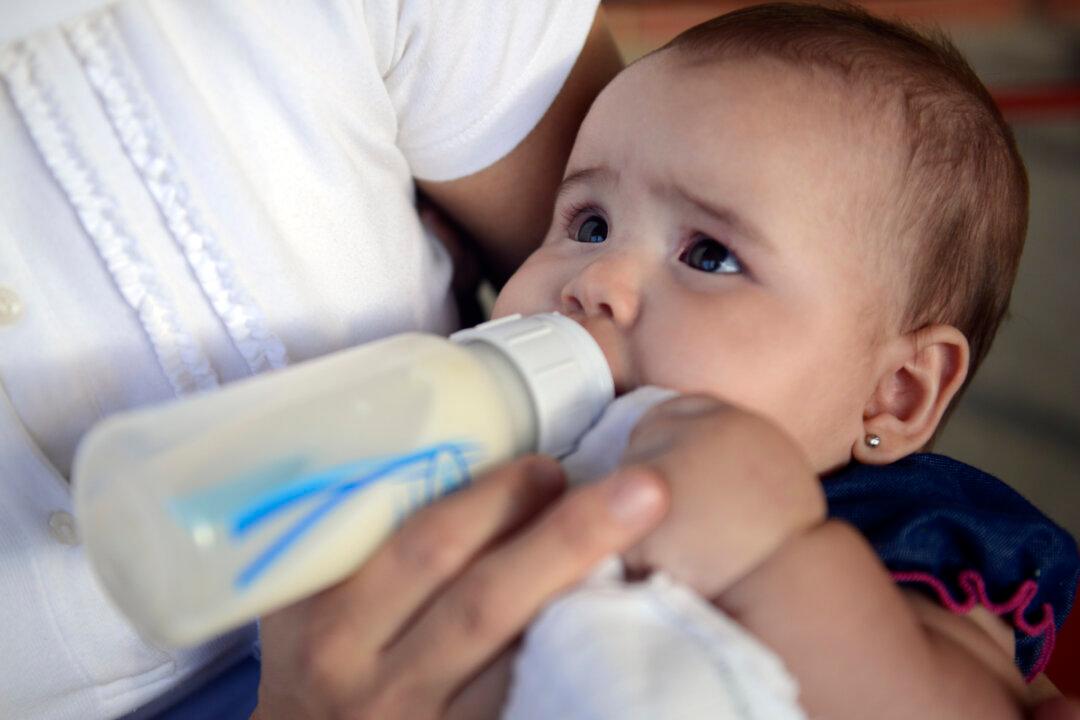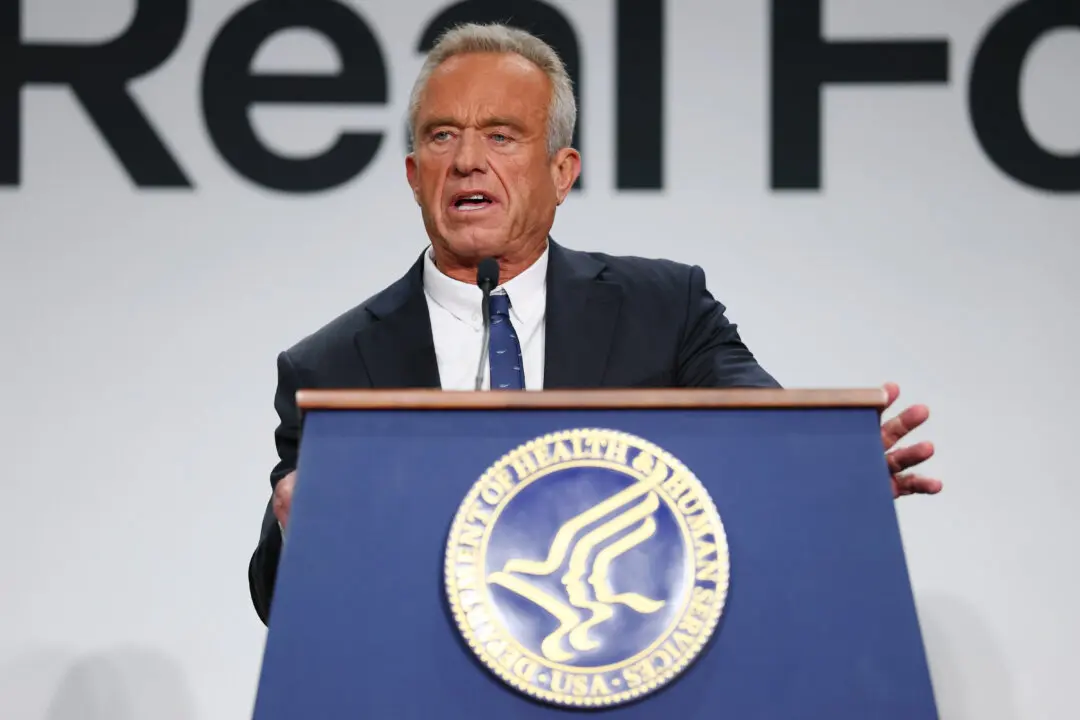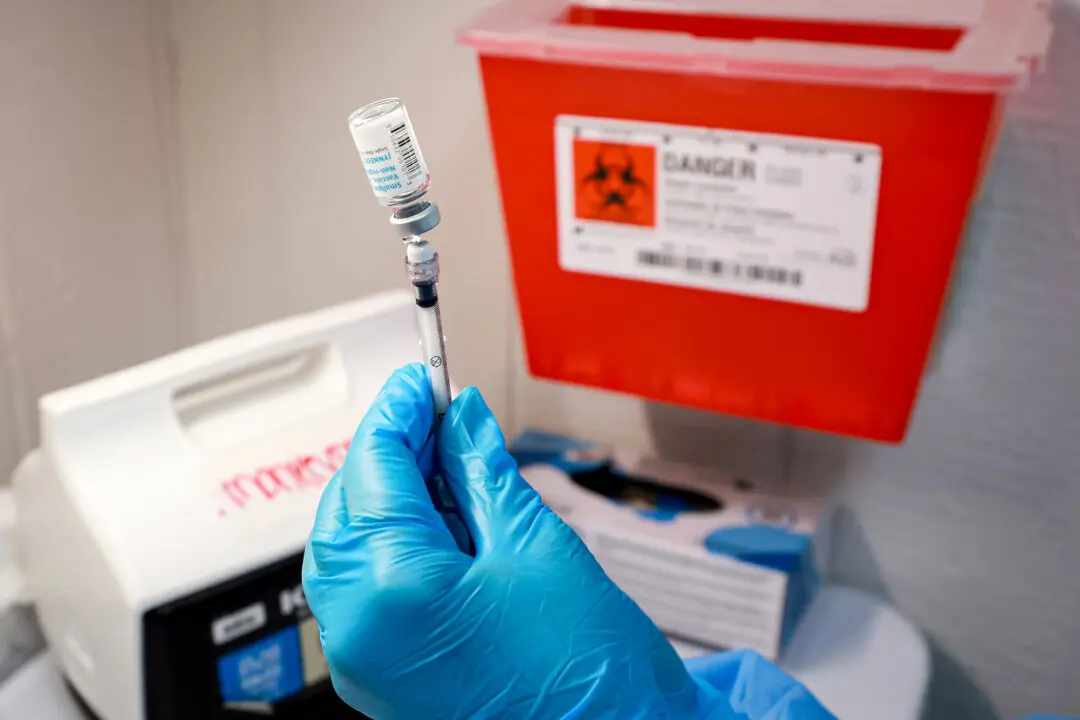An investigation into baby food in the United States found that many of the leading brands contain toxic metals.
The results of the study were made public by Healthy Babies Bright Futures, which conducted the report (pdf) in partnership with a number of groups such as the Learning Disabilities Association of America and the Campaign for Healthier Solutions.






